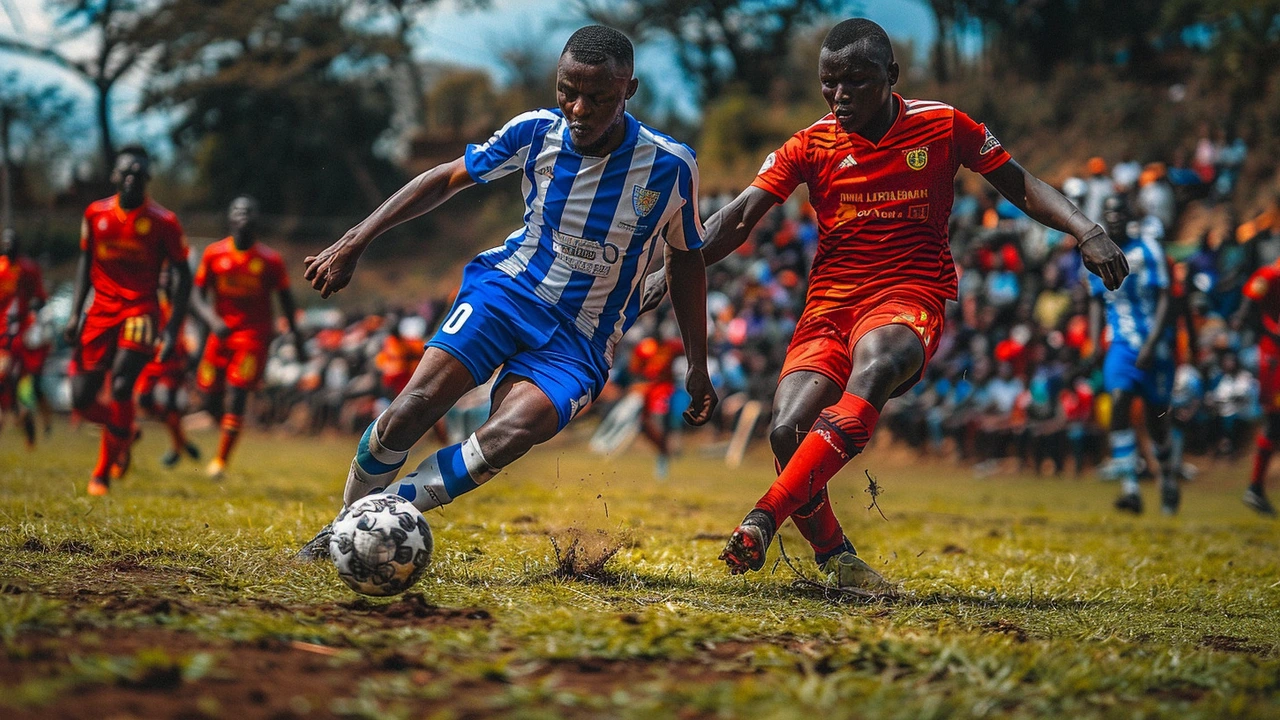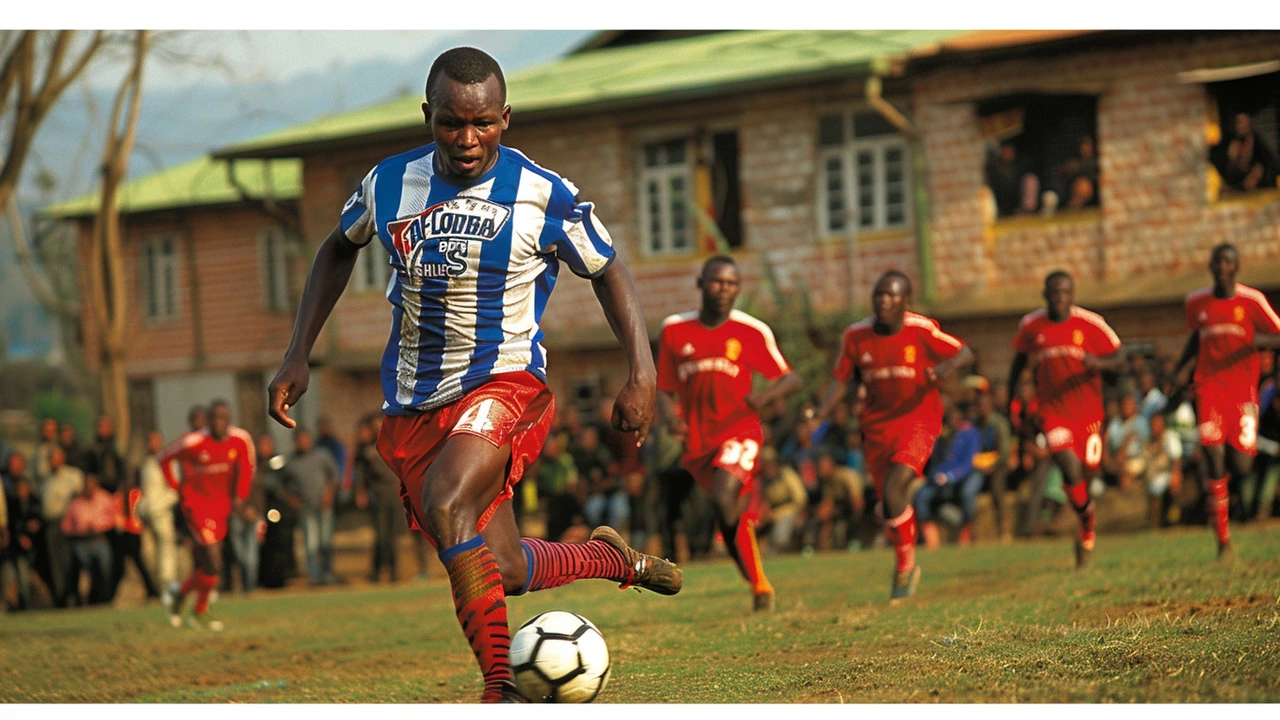
Football Kenya Federation’s Apostate Directives
The Football Kenya Federation (FKF) and AFC Leopards have found themselves in a heated standoff following an abandoned Cup clash. The governing body recently issued a series of directives concerning the incident, aimed at resolving the matter and ensuring the integrity of Kenyan football. However, AFC Leopards, one of the country's most storied clubs, have shown no inclination to comply, setting the stage for a potentially protracted dispute.
AFC Leopards' Unyielding Stance
Historical Context
Established in 1964, AFC Leopards is no stranger to conflict or controversy. The club has a rich history of success on the pitch but has also faced its share of administrative challenges. Their current impasse with FKF is rooted in a deep-seated belief in their autonomy and a commitment to what they perceive as the fair treatment of their players and fans. This historical context is crucial for understanding why the club would be so steadfast in its defiance.
Current Stand
AFC Leopards have remained resolute, maintaining that they acted within their rights and according to the game's spirit when the Cup clash was abandoned. Details surrounding the actual event are scant, but insiders suggest that the club felt aggrieved by certain officiating decisions or logistical issues that they believe compromised the match's fairness. FKF's orders, which have not been fully disclosed, appear to demand some form of corrective measure or sanction, which the club views as unjust.
Leadership Perspective
The club's leadership has been vocal in defending their position. A key figure within AFC Leopards articulated that their primary concern was the welfare of their players and the integrity of the competition. The official emphasized that any directive compromising these core values would be rejected outright. This perspective underpins the club's steadfastness against FKF's orders and highlights their broader ethos.

Potential Repercussions and Broader Implications
The deadlock between FKF and AFC Leopards carries significant implications for Kenyan football. If unresolved, it could set a precedent for other clubs, potentially undermining the federation's authority. This situation could also disrupt the current season, with matches potentially being postponed or canceled, affecting not just the teams involved but the league as a whole. Fans, sponsors, and other stakeholders are watching closely, keen to see how this conflict unfolds and what impact it will have on the sport they love.
Stakeholder Reactions
Fan reactions have been mixed. Some supporters stand by AFC Leopards, applauding their club's refusal to buckle under FKF's pressure. Others believe that adherence to the federation's directives is crucial for maintaining order and credibility in the sport. Sponsors and commercial partners are also affected, as prolonged disputes can tarnish the sport's image and affect financial investments. They, too, seek a swift and fair resolution.
Expert Opinions
Various football analysts and experts have weighed in, offering different perspectives on the crisis. Some argue that AFC Leopards' defiance is a necessary stance against what they perceive as overreach by the FKF. These voices call for a more collaborative approach to resolving disputes, ensuring that all stakeholders are heard. Others maintain that the federation's authority must be respected to preserve the game's integrity, warning of the chaos that could ensue if clubs are allowed to flout directives.
Looking Ahead: Steps Towards Resolution
The path forward remains uncertain, with both parties seemingly entrenched in their positions. Negotiation and dialogue appear to be the most viable means of achieving a resolution. A mediated meeting between FKF officials and AFC Leopards' leadership could help bridge the divide, ensuring that the grievances are addressed and a fair compromise is reached. Transparency in the process will be essential in restoring faith among all stakeholders.

The Role of Governing Bodies
This conflict brings to light the broader issues concerning the governance of football in Kenya. Maintaining a balance between authority and autonomy, rules and flexibility, is a delicate act. It underscores the need for clear, consistent policies and an inclusive decision-making process that respects the views of all involved, from players and clubs to fans and commercial partners. Successful governance requires not only the enforcement of rules but also the trust and cooperation of those governed.
Conclusion
The standoff between FKF and AFC Leopards over the abandoned Cup clash represents a critical juncture in Kenyan football. Both sides’ steadfast positions reflect deeper issues around governance, fairness, and respect in the sport. While a resolution is yet to emerge, the ongoing dialogue underscores the complexities inherent in managing competitive sports. As fans and stakeholders await the outcome, this situation serves as a poignant reminder of the sportsmanship, integrity, and collective effort that underpins football.
Write a comment